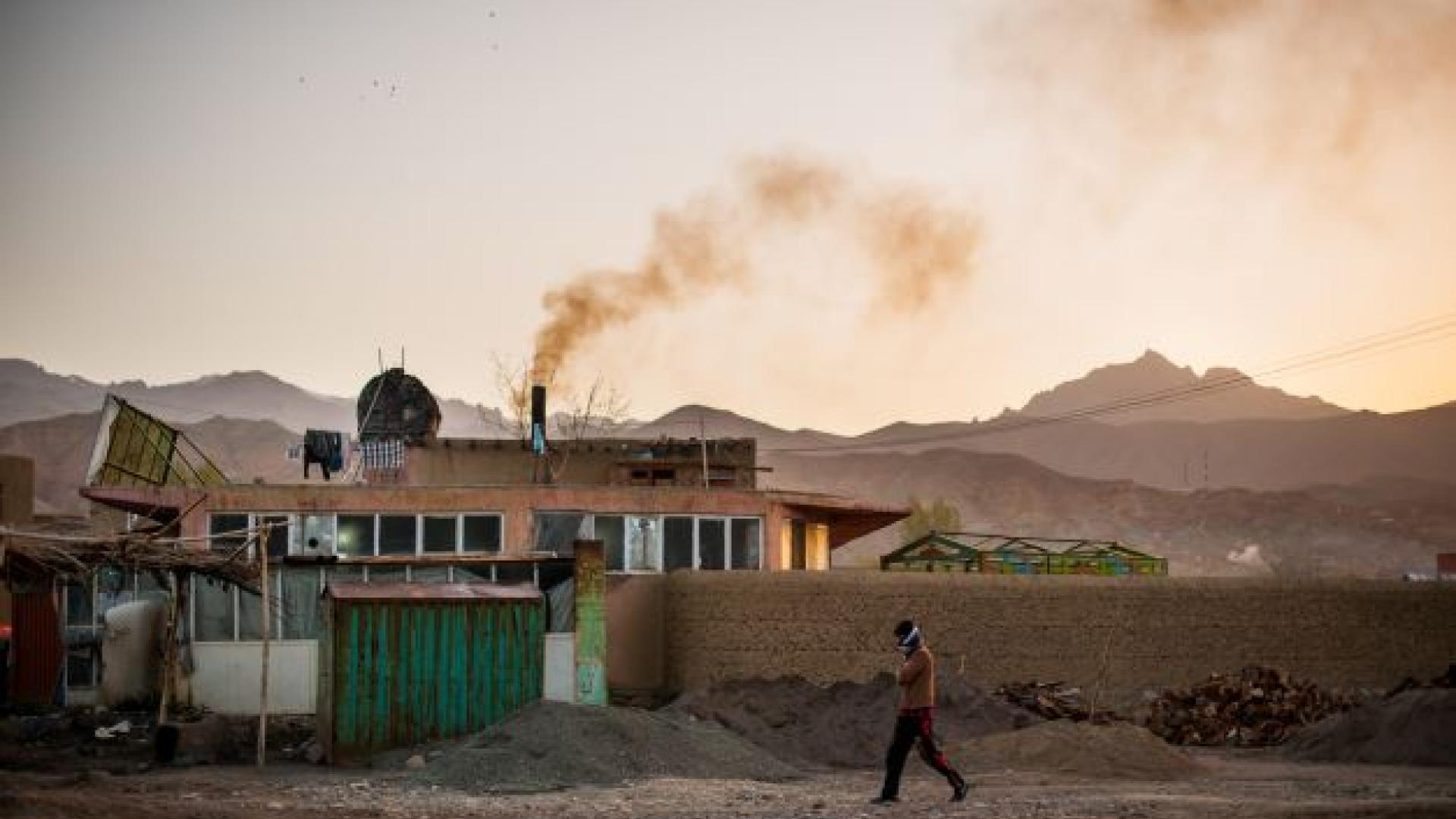
UNDP and Islamic Relief Announce New US$22m Partnership to Support local Economy In Afghanistan
Published By Islamic Relief [English], Mon, Mar 28, 2022 3:23 AM
The United Nations Development Programme (UNDP) and Islamic Relief Worldwide today announced a new partnership to boost food production, inject cash into the local economy and support female entrepreneurs in some of the poorest areas of Afghanistan.
This US$22 million project will employ local communities to rehabilitate almost 200 agricultural irrigation systems by the end of the year – providing more than 158,000 families with the cash they need to buy food and other essentials while also stimulating local markets and improving long-term farming productivity.
The project will also create clusters of value chains by providing entrepreneurship skills, cash investment and creating market linkages for primarily women-run businesses in the Northern region.
“Millions of people in Afghanistan do not know how they will feed their children beyond today. They are doing all they can to survive, but the economy is collapsing. This partnership will provide vulnerable people with cash to buy food to keep their children alive and enable a better future for years to come. It will support long-term development so that farmers can have sustainable livelihoods and women entrepreneurs can thrive and reach new markets.”
In recent months, Afghanistan’s economy has collapsed, causing a massive liquidity crisis. Almost 23 million Afghans – more than half the population – are now suffering from critical food and cash shortages, and the situation is getting worse. Although food is available in local markets, most impoverished families do not have the cash to buy it.
Agriculture is the most significant source of livelihood in Afghanistan, but most community irrigation systems have been damaged or destroyed by years of conflict. Local communities cannot farm productively as a result, but they cannot afford to make essential repairs.
The new project will roll out in at least nine provinces that are worst affected by the current crisis, including Balkh, Bamyan, Faryab, Baghlan, Herat, Kandahar, Kunar, Kunduz and Nangarhar.
More than 158,000 local labourers will receive cash for working to rehabilitate the irrigation systems. Unconditional cash payments will also be provided to 5,000 other vulnerable people, including people with disabilities, widows, and the elderly. The project will also support 1,200 micros, small or medium-sized enterprises led or managed by women. It will provide them with $1,000 cash grants to help them develop their products and access new markets, and train them on business skills such as marketing, bookkeeping, and value chain integration.
The funds for the project are being provided through UNDP’s flagship ‘ABADEI’ programme, which was launched in October 2021 and aimed to complement life-saving emergency aid by promoting community-level solutions that address poverty, rehabilitate vital infrastructure and promote long-term sustainable livelihoods.
The United Nations Development Programme (UNDP) has been working in Afghanistan for more than 50 years on challenges related to climate change and resilience, gender, governance, health, livelihoods, and the rule of law.
Islamic Relief Worldwide (IRW) has worked in Afghanistan since 1999, supporting livelihoods, healthcare, and education in the most vulnerable communities across the country. IRW provides both emergency aid and long-term development.
More information about UNDP’s ‘ABADEI’ initiative is available here
Press release distributed by Media Pigeon on behalf of Islamic Relief, on Mar 28, 2022. For more information subscribe and follow
